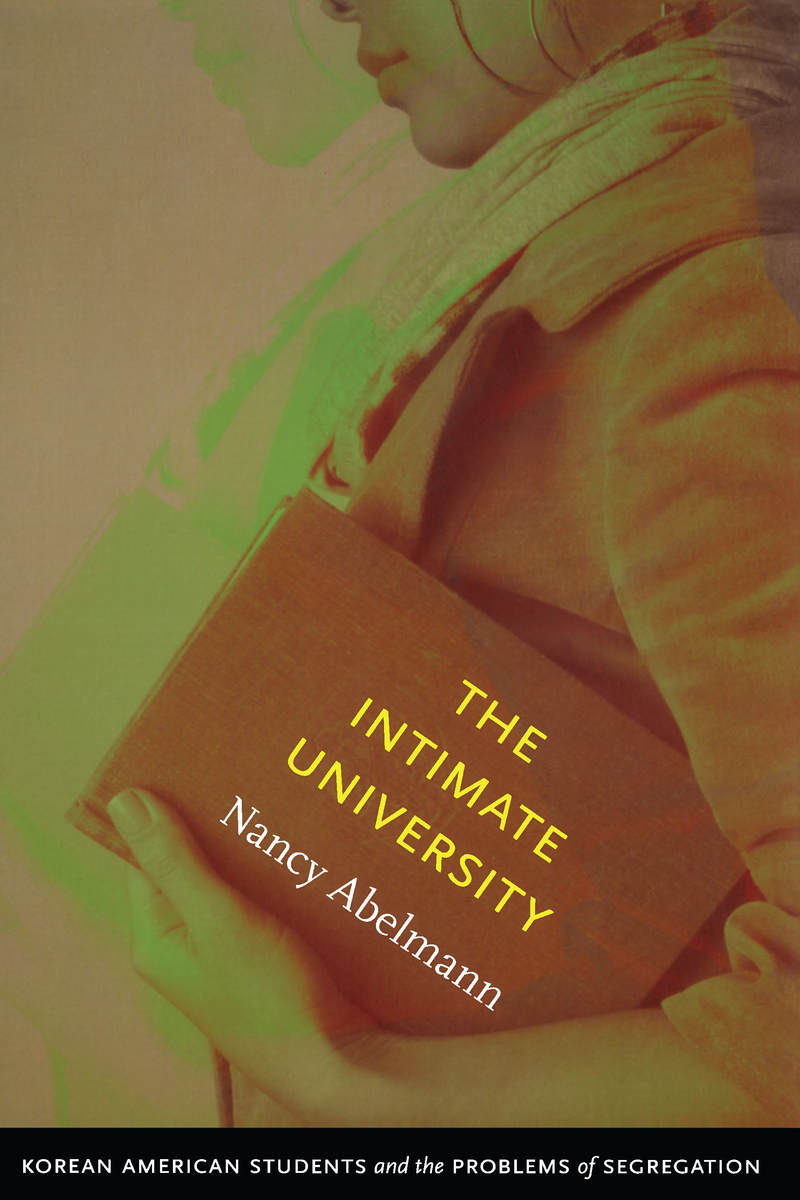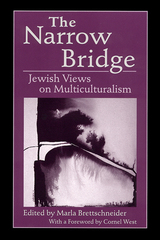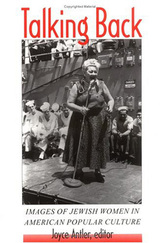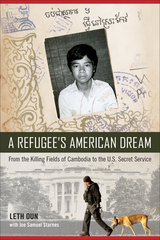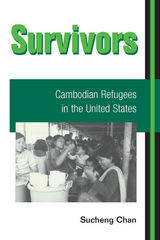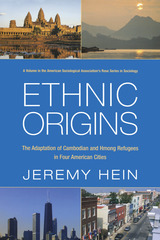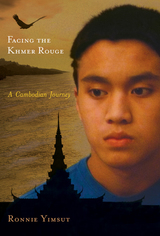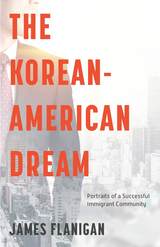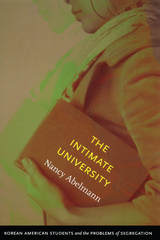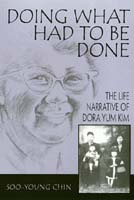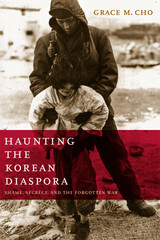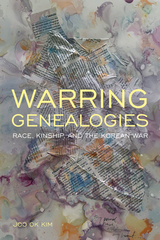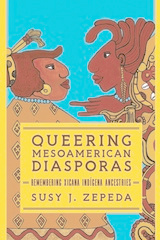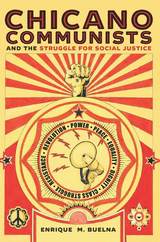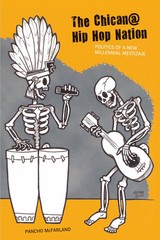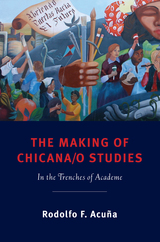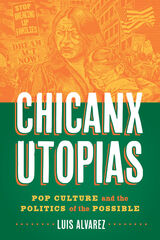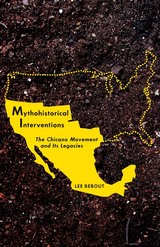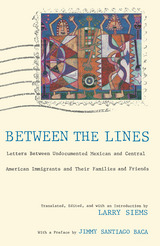“Abelmann’s study is a layered work. Her research drills down into the layers of campus dynamics, student psychology and the cultural dissonance experienced by Korean Americas of the second generation.” - Bill Drucker, Korean Quarterly
“[T]he book captures an important segment of the continuously evolving story of racial diversity in higher education. It demonstrates how race does not
have to result in explicit racism to matter in students’ lives and that racial realities are much more complex. I hope that readers gain a fuller understanding of this subset of Asian American students, see parallels with other communities of color, and be challenged to reimagine liberal
education.” - Julie J. Park, Journal of Educational Research
“Abelmann presents compelling arguments regarding the experiences of Korean American students at university and how university rhetoric fails to manifest itself in the reality of acceptance of difference. . . . A volume to be applauded for its research, evidence driven conclusions and well considered arguments.” - Danielle Mulholland, M/C Reviews
“Nancy Abelmann’s ethnographic study of Korean American students attending the University of Illinois at Urbana-Champaign could not be more timely. . . . [R]efreshingly engaging and accessible. . .” - Min Hyoung Song, Journal of Asian Studies
“The Intimate University is a work that will be one of the most valuable referents for anyone interested in, among other things, issues of migration; minorities and their segregation in the United States; the university as an institution; Korean American society; and multiculturalism and diversity.” - Okpyo Moon, Journal of the Royal Anthropological Institute
“The Intimate University tells an emotionally charged story of Korean American life on and off the campus of a large public research university in the American Midwest. It dispels the myths and stereotypes about Asian Americans through the different voices of college students and their relatives and through the author’s nuanced analysis and culturally sensitive interpretation.”—Min Zhou, author of Contemporary Chinese America
“Nancy Abelmann brings to light the oft-hidden maneuverings that Asian Americans have to perform in schools as students of color and, at the same time, students whose color ‘does not count’ by virtue of their alleged overrepresentation or overachievement. The Intimate University is an incisive and provocative account of university schooling as a site for navigating the intricacies and contradictions of race, immigration, community formation, and identity.”—Rick Bonus, author of Locating Filipino Americans
“Nancy Abelmann’s stunning portrait of Korean American university life will cause us to rethink our understanding of multiculturalism and diversity in the academy. This valuable and sobering account of one minority group’s experience also speaks more broadly to the intersection of race, religion, and identity, revealing the paradoxical notions on which American diversity is based. Don’t miss this book!”—Cathy Small, aka Rebekah Nathan, author of My Freshman Year: What a Professor Learned by Becoming a Student
“The Intimate University is a work that will be one of the most valuable referents for anyone interested in, among other things, issues of migration; minorities and their segregation in the United States; the university as an institution; Korean American society; and multiculturalism and diversity.”
-- Okpyo Moon Journal of the Royal Anthropological Institute
“[T]he book captures an important segment of the continuously evolving story of racial diversity in higher education. It demonstrates how race does not have to result in explicit racism to matter in students’ lives and that racial realities are much more complex. I hope that readers gain a fuller understanding of this subset of Asian American students, see parallels with other communities of color, and be challenged to reimagine liberal education.”
-- Julie J. Park Journal of Educational Research
“Abelmann presents compelling arguments regarding the experiences of Korean American students at university and how university rhetoric fails to manifest itself in the reality of acceptance of difference. . . . A volume to be applauded for its research, evidence driven conclusions and well considered arguments.”
-- Danielle Mulholland M/C Reviews
“Abelmann’s study is a layered work. Her research drills down into the layers of campus dynamics, student psychology and the cultural dissonance experienced by Korean Americas of the second generation.”
-- Bill Drucker Korean Quarterly
“Nancy Abelmann’s ethnographic study of Korean American students attending the University of Illinois at Urbana-Champaign could not be more timely. . . . [R]efreshingly engaging and accessible. . .”
-- Min Hyoung Song Journal of Asian Studies
